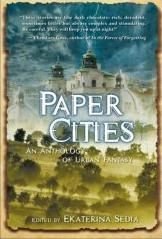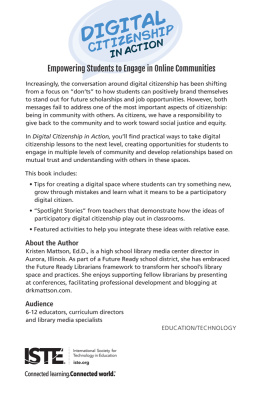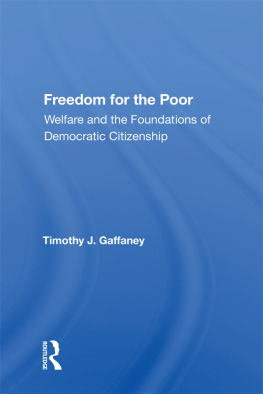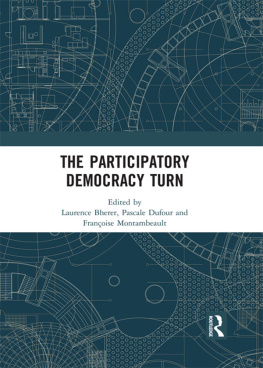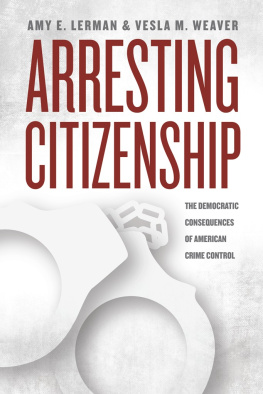POPULAR MEMORIES
Commemoration, Participatory Culture, and Democratic Citizenship
POPULAR MEMORIES
Ekaterina V. Haskins
Studies in Rhetoric/Communication Thomas W. Benson, Series Editor
The University of South Carolina Press
2015 University of South Carolina
Published by the University of South Carolina Press
Columbia, South Carolina 29208
www.sc.edu/uscpress
24 23 22 21 20 19 18 17 16 15
10 9 8 7 6 5 4 3 2 1
Library of Congress Cataloging-in-Publication Data can be found at http://catalog.loc.gov/
ISBN 978-1-61117-494-6 (cloth)
ISBN 978-1-61117-495-3 (ebook)
Cover illustration: Eyes Wide Open boots display in Washington, D.C. Photograph by American Friends Service Committee
For my family
Illustrations
Series Editors Preface
In Popular Memories: Commemoration, Participatory Culture, and Democratic Citizenship, Professor Ekaterina V. Haskins offers a fresh look at the study of what she calls popular memories, examining how participatory forms of communication have redefined the rhetoric of democratic citizenship. She explores in detail how four very different campaigns for participatory public memorythe Postal Services Celebrate the Century commemorative stamp program, the September 11 Digital Archive, the first post-Katrina New Orleans carnival, and the Eyes Wide Open project of the American Friends Service Committee-suggest, guide, and sometimes limit genuine democratic participation.
Haskins explores the now familiar distinction made by memory scholars between popularizationthe engagement of mass audiences through invocation of the idioms and practices of the popular artsand democratization, which at a minimum would involve the participation of ordinary people in the production of memory practices, and suggests that the distinction may not fully explain what happens in actual cases. Popular participation in memory work does not render it instantly more democratic, nor does the stamp of approval from government or mainstream media necessarily diminish the political charge of grassroots efforts.
Haskins asks how each of the cases she examines represents civic identity and how if at all it prompts democratic encounters among people of differing opinions about issues and about citizenship itself. The Celebrate the Century commemorative stamp program did invite citizens to participate in choosing the final designs from a menu of choices, and did depict an America of inclusiveness. On the other hand, the program equated consumerism with civic responsibility, promoting a neoliberal and self satisfied mythology in which each person has a place and an identity, but in which there is no space for strangers to mingle and debate. In a similar way, the online September 11 Digital Archive created an open web site for the uncensored contribution of diverse responses to the attacks of September 11, 2001, but while the structure of the archive encouraged a diversity of contributions, it did not enable the interactive potentials of the technology to encourage potentially transformative conversation, debate, or deliberation.
The first Mardi Gras festival after Katrina was highly complex and widely participatory for the citizens of New Orleans, though from the perspective of public memory it was ephemeral, especially for those who witnessed the carnival at a distance through the mass media. Haskins admires the complex treatment of the events by National Public Radio, and even more the fictional depiction of New Orleans in the television series Treme.
Eyes Wide Open was a traveling memory exhibit sponsored by the American Friends Service Committee, in which the war in Iraq was commemorated by the display in a large field of empty combat boots, each pair with the name of an American soldier killed in the war, and a display of civilian shoes representing dead Iraqi civilians. The exhibit was supplemented with a memory wall. Haskins finds that Eyes Wide Open drew ongoing and productive contributions to the memorial itself in the sites to which it traveled, and that it was also recorded as having created a space for genuine citizen encounter with those of differing views and commitments.
Popular Memories is a fresh, vivid, theoretically sophisticated, and critically astute work of scholarship.
T HOMAS W. B ENSON
Acknowledgments
I became fascinated with the subject of this book over a decade ago, when I was completing my dissertation at the University of Iowa. At the time I was applying for academic jobs and making frequent trips to the post office in downtown Iowa City. This is where, in the fall of 1998, I first encountered the Celebrate the Century stamp program and its enticing slogan, Put your stamp on history! Although I was writing a thesis on ancient Greek rhetoric, the idea of a democratized memory culture struck me as so important that I could not get it out of my mind for years to come. As the tech bubbleinduced euphoria of the 1990s gave way to the shocks of 9/11, the Iraq War, and Hurricane Katrina in the first decade of the twenty-first century, putting ones stamp on history became not just a way of looking back at distant past but a vehicle for citizens response to recent events. My fascination grew into an abiding scholarly interest as I immersed myself in the multidisciplinary field of memory studies.
On this intellectual journey, many amazing scholars offered guidance, encouragement, and constructive criticism. I am particularly grateful to Kendall Phillips, Mitchell Reyes, Brad Vivian, and Anne Demo for including me in the many workshops, panels, and conferences on public memory they have organized in the last decade. Thanks are also due to Carole Blair for her sage advice on writing book proposals; to Steve Browne for his infectious enthusiasm and careful reading of my work; to Greg Clark, David Depew, and Tom Goodnight for being tireless champions of my career; to Michael Halloran for his gentle yet incisive criticisms of several drafts of this book and for being a pedagogical role model; to Joan Faber McAlister and Pete Simonson, my fellow University of Iowa alums, for their generous and thoughtful engagement with my writing; to Liz Wright for her insights into lieux de memoire; to Sara VanderHaagen for her astute remarks on the early version of the carnival chapter; to Studies in Rhetoric/Communication series editor Tom Benson and acquisitions editor Jim Denton at the University of South Carolina Press for steering the project through revisions; and to anonymous journal, conference, and manuscript reviewers whose high standards have goaded me to be a better scholar and writer. If this book doesnt quite live up to their expectations, the fault is entirely mine.
.
At Rensselaer Polytechnic Institute, I was fortunate to be able to test many of this books ideas in a graduate course, Media and Memory. My students have been the most receptive and inquisitive audience. Amy Scarfone, Jason Waite, Marcy Szablewicz, Michael Rancourt, and Hillary Brown Savoie deserve special recognition for their contributions to my thinking. My colleagues have been a wonderful group, as well. June Deery and Jim Zappen have shared their knowledge of participatory culture; Ellen Esrock expanded my understanding of photography; Jan Ferheimer read my chapter drafts and taught me salsa steps; Nancy Campbell helped me articulate the projects social relevance; and Abby Kinchy was the best writing buddy one could ask for. I am also grateful to the School of Humanities, Arts, and Social Sciences for the various forms of institutional support that enabled me to complete this project.






